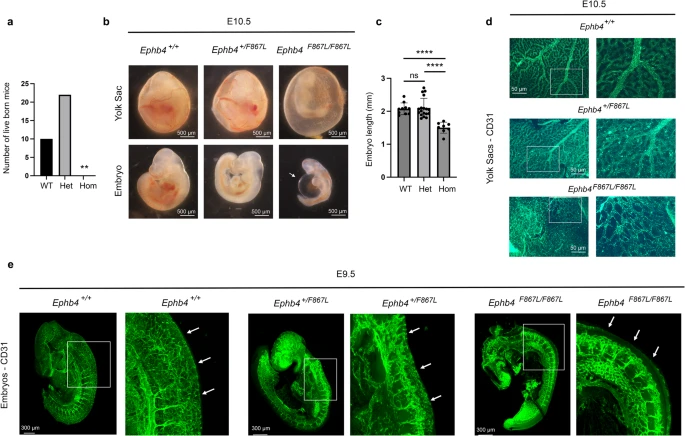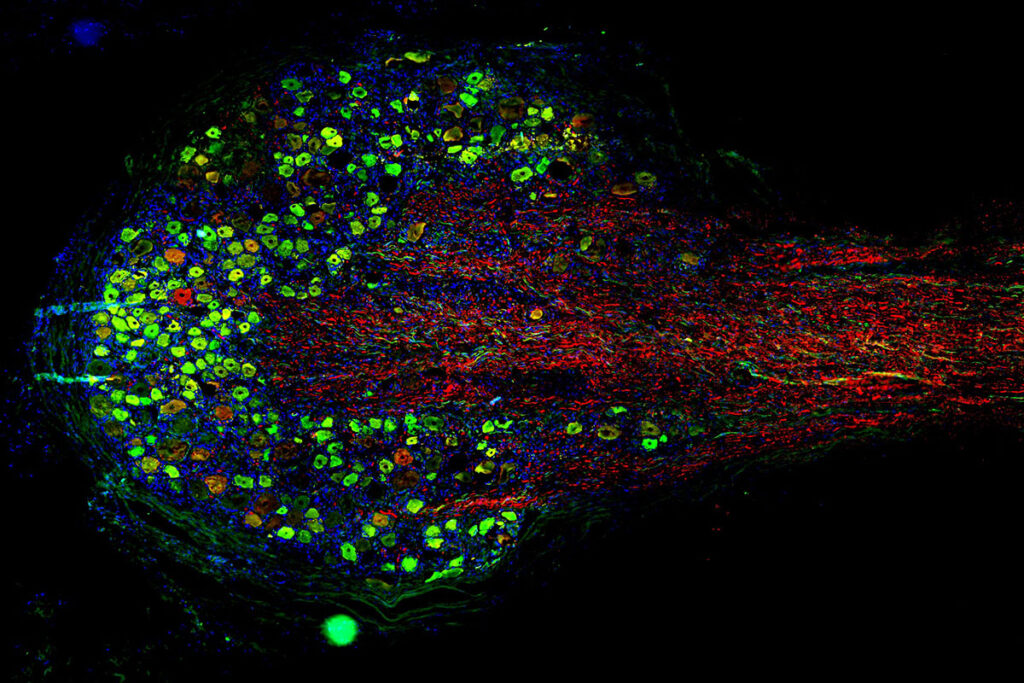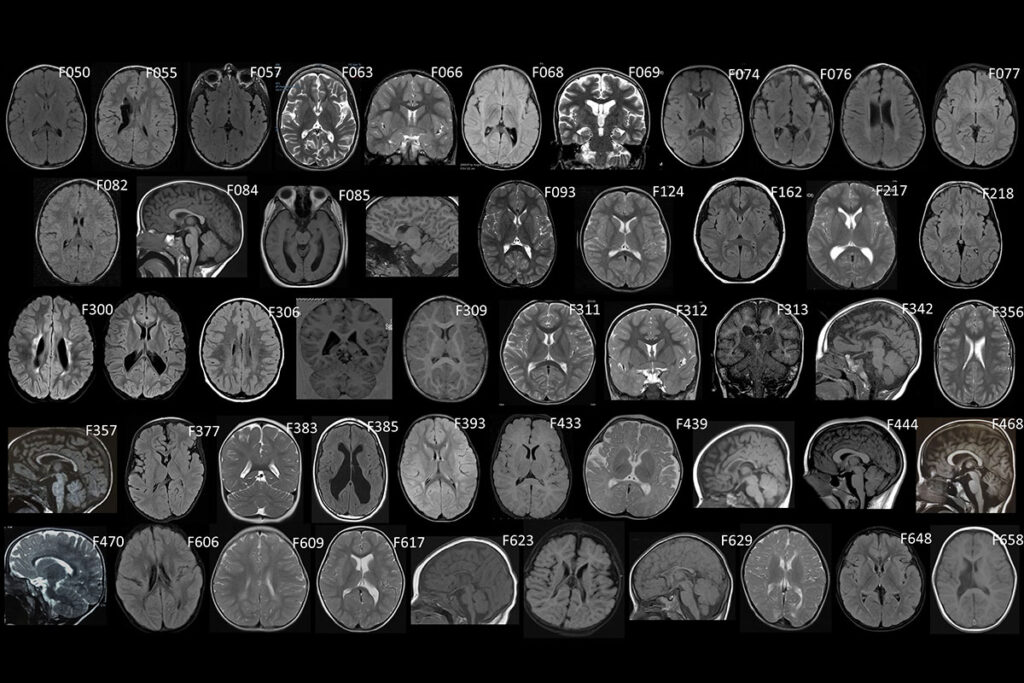
Sheng Chih (Peter) Jin, PhD
Assistant Professor of Genetics and Pediatrics
- Email: jin810@nospam.wustl.edu
Google Scholar Profile | Jin Lab
Research Interests
We are currently working on the following areas of research:
Methods Development
Human diseases, particularly complex ones like congenital heart diseases, neurodevelopmental disorders, and rare undiagnosed conditions, arise from the intricate interplay of genetic and environmental factors. Conventional investigative approaches often rely on simplistic inheritance models, focusing solely on germline or somatic variations. This approach overlooks the intricate interrelationships between these elements. To bridge this knowledge gap, we are developing advanced computational tools and statistical models capable of identifying and characterizing complex inheritance patterns. These encompass single nucleotide variants, uniparental disomy, short tandem repeats, mobile element insertions, mitochondrial DNA variants, and other structural variations. Our goal is to integrate and analyze germline and somatic variants, leveraging multi-omics data such as short-read sequencing, long-read sequencing, transcriptomics, and proteomics. This comprehensive approach aims to redefine our understanding and approach to studying and addressing complex diseases.
Unravelling Molecular Signatures and Novel Therapeutic Targets for Idiopathic Peripheral Neuropathy
Idiopathic peripheral neuropathy (IPN), a result of damage to the peripheral nerves with unknown causes, is a debilitating, painful, and as-yet-untreatable condition. Due to the unknown origin of the damage and the lack of targeted therapy, treatment for patients with IPN revolves around mere symptom management. In collaboration with Drs. Jeffrey Milbrandt, Ahmet Hoke, Aaron Di Antonio, and the Peripheral Neuropathy Patient Registry, we are integrating whole-genome sequencing and SOMAscan proteomic data in extreme IPN patients with negative clinical genetic screening results and performing bioinformatic analysis to identify variants, pathways, and biomarkers for pathophysiological clues to axon degeneration.
Genomic Research of Cerebral Palsy and Dystonia
In collaboration with Drs. Michael Kruer, Carlos Cruchaga, the Dystonia Coalition, and the Cerebral Palsy Research Network, we are applying an integrative, multidimensional omics approach to a large, well-phenotyped cerebral palsy/dystonia cohort to catalyze gene discovery, provide mechanistic insights into newly identified genetic causes, make genotype-phenotype correlations, and create a metadata ecosystem freely available to the cerebral palsy/dystonia community.
Human Genetics and Molecular Mechanisms of Human Neurological Diseases
In collaboration with Drs. Kristopher Kahle, Kristen Kroll, Joe Dougherty, and the WashU Undiagnosed Diseases Network, we are focusing on studying the genetic underpinnings of rare Mendelian forms of human neurological diseases, using whole-genome sequencing, quantitative phenotyping, transcriptomic profiling, massively parallel reporter assays, and in vitro/in vivo models.


